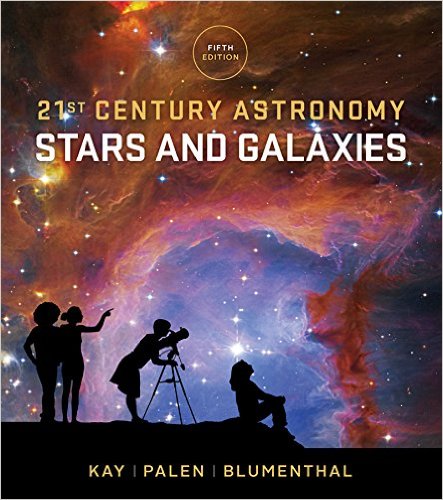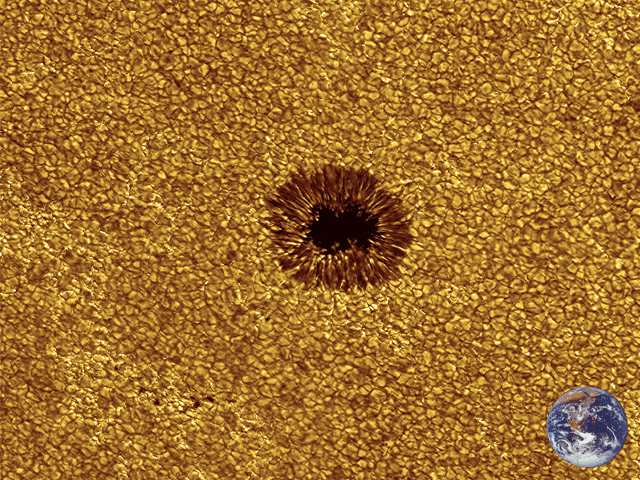
|
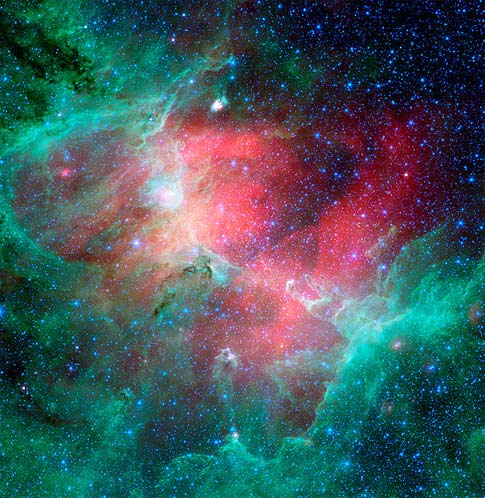
|
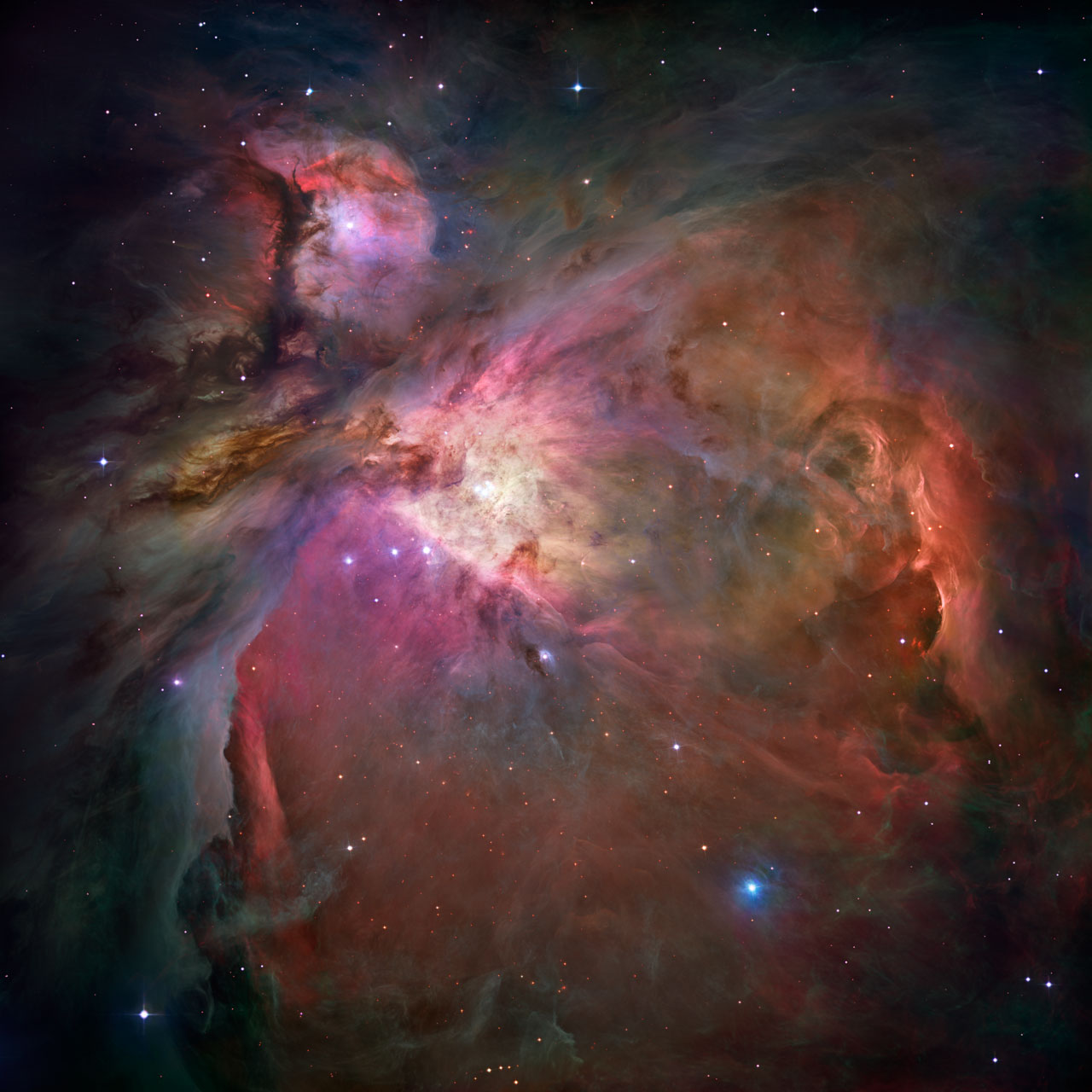
|
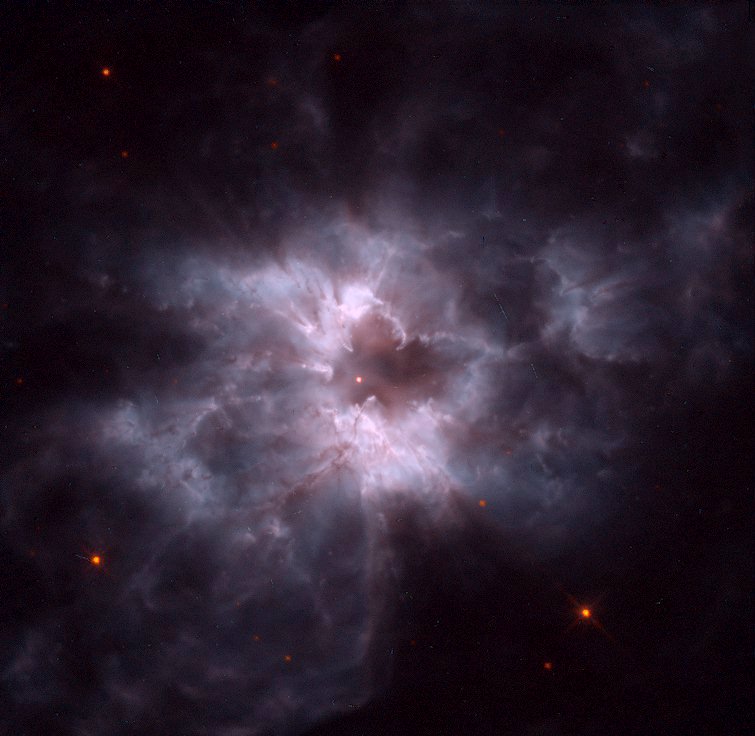
|
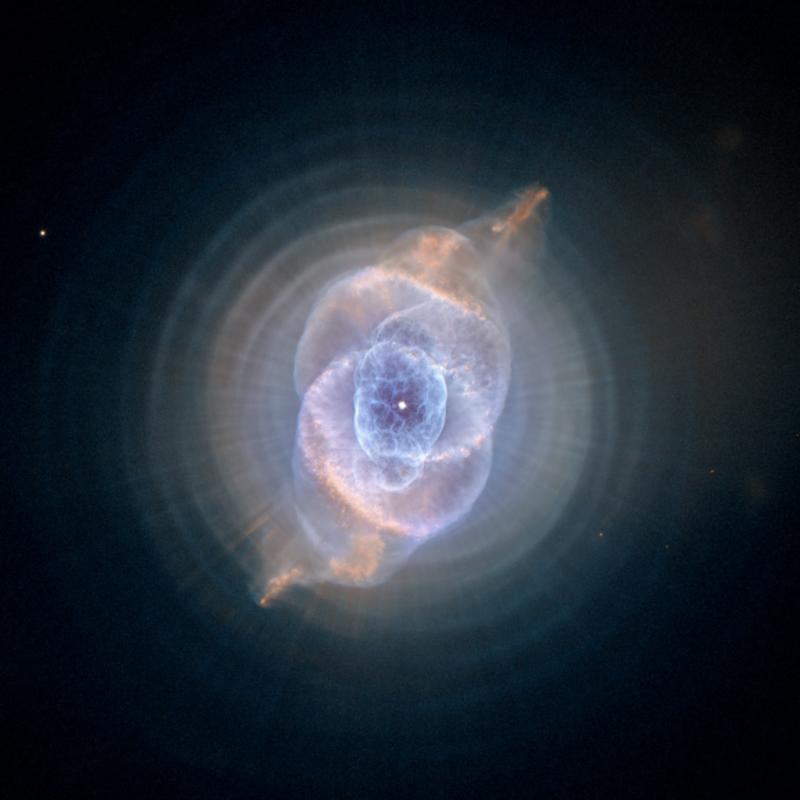
|

|
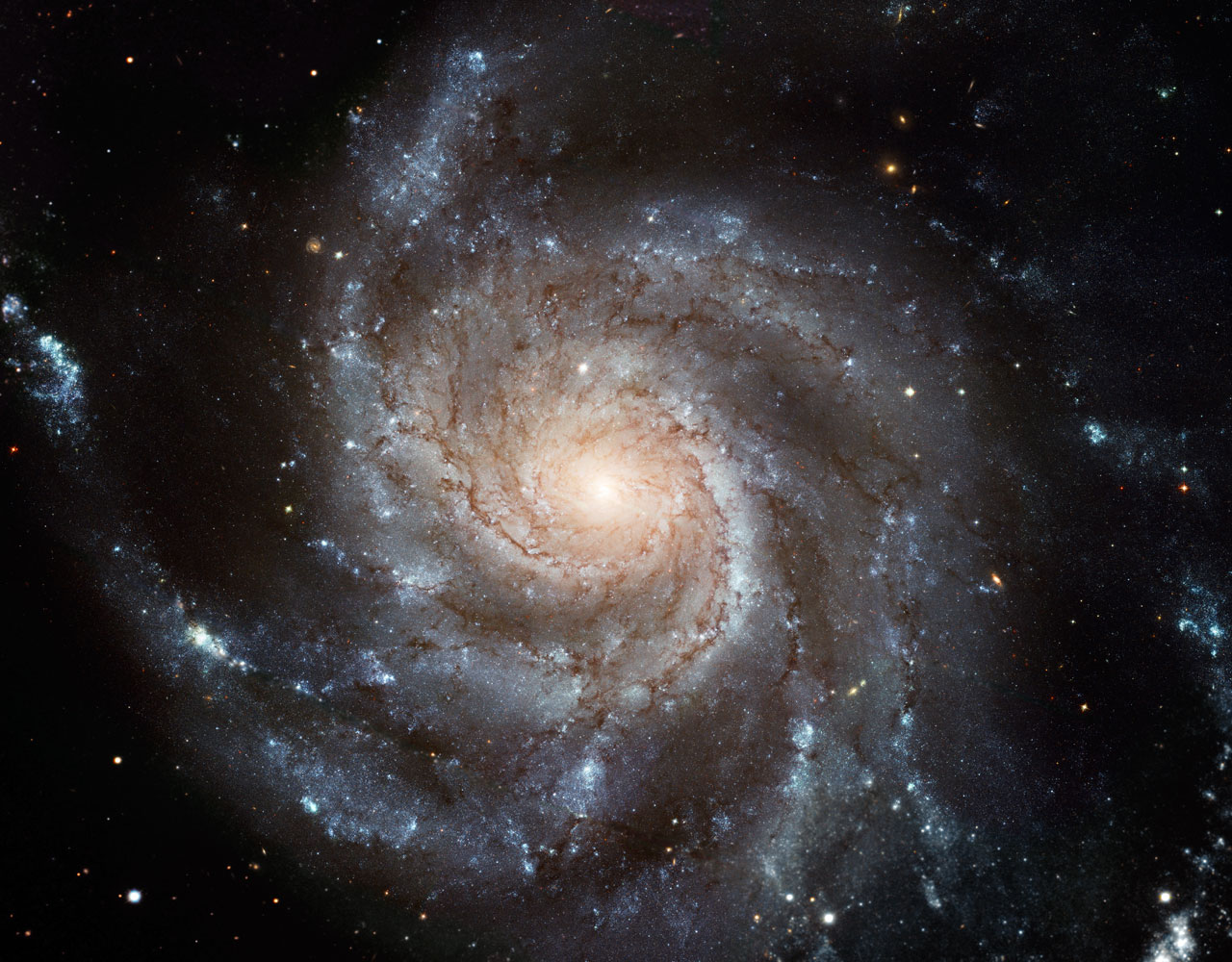
|
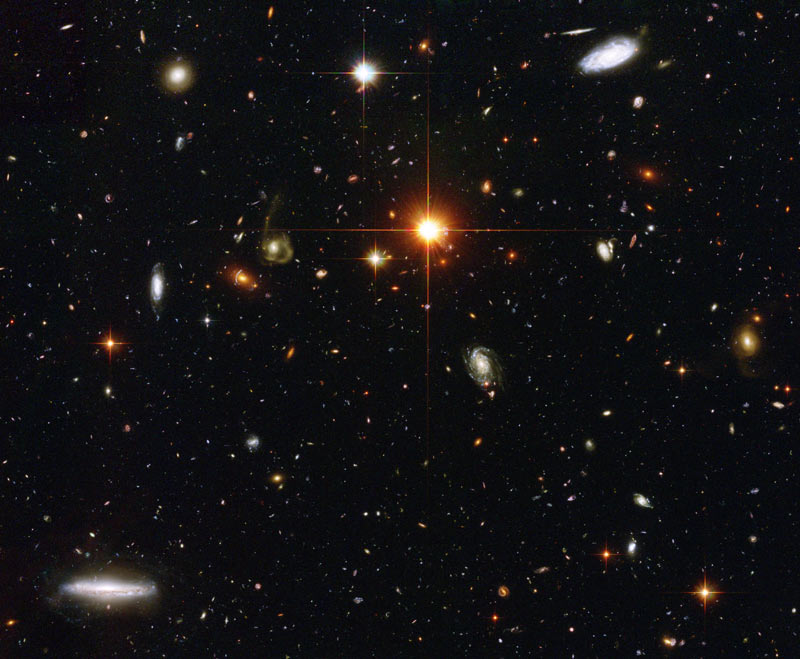
|
Syllabus - Spring 2017
- understand how astronomers deduce the properties of stars & galaxies at great distances from us using physical principles observed on Earth
- understand how stars evolve and create the chemical elements of the universe
- learn about the discovery of galaxies and the expansion of the universe
- learn about how astronomers think the universe began and how it has evolved
- Usually Tues 4-5, Thurs 12:30-1:30 in 503 Altschul
- T TH 2:40-3:55, 202 Altschul
- Students are strongly urged to attend class on a regular basis; if you miss a class, it is your responsibility to get the material from a classmate. Lecture outlines will be posted on Courseworks.
- 21c Astronomy: Stars and Galaxies 5e , by Kay, Palen, & Blumenthal 2016
- Earlier editions are not recommended.
- If you are planning to take a second semester of Astronomy (eg Astr BC1753, or Astr UN1403) then you may get the full book 21c Astronomy, 5e by Kay et al; so you can also use it for the 2nd semester.
- Barnard Foundations ASTR BC 1754 satisfies Science and 'Thinking Quantitatively', and the lab course ASTR UN1904 satisfies the Barnard lab science requirement.
- Columbia College ASTR BC 1754 can be used towards the Columbia College science requirement. Lab is not required.
Basic Structure
This introductory astronomy course focuses on the subject of Sun, the Stars, our Galaxy, other Galaxies, and the origin and fate of the Universe.
Learning Goals: Students who successfully complete this course will:
Office Hours
Lectures
Textbook
Distribution Requirements
-
Barnard Nine Ways ASTR BC 1754 satisfies the Barnard Quantitative
Reasoning
requirement and along with the lab course
ASTR UN1904 can be applied towards the Barnard lab science requirement.
Labs
-
Students who want laboratory credit should sign up
for the one point course ASTR UN1904x.
This is an L course so enroll ASAP.
Labs meet in the evenings and will begin on Jan 23.
A separate grade is given for the lab course.
Communications
-
Courseworks is set up for instructors to send email to the entire class. This will be used for schedule changes, HW hints, etc. Please check your email!
Teaching Assistants
-
TAs and
Help Room Hours
will be announced.
Homework:
-
Problem sets will be due in class approximately
every other week.
Late HW will NOT be accepted after the solutions
are handed out.
You may work with other
students together on the homework, but the writeups submitted must be
all your own work in your own words, not duplicated/copied and pasted.
HW is required; you
cannot pass this course by exam grades alone.
The lowest HW score (which can be one you missed) will be dropped;
the remaining scores will count for 20% of your final grade.
Quizzes:
-
There will be 4 short open--note quizzes.
The lowest score will be dropped; this includes quizzes missed for illness, sports meets, etc. The remaining ones will count
for 15% of your final grade.
No make-up quizzes will be offered without prior approval.
Extra Credit essay:
-
Optional extra-credit essay.
Details on essay later. (EC)
Exams:
-
We'll have one midterm Mar 7,
and a final exam during the scheduled time on THURS MAY 11 from 1:10-4 PM.
The exams will be closed book (with a given equation sheet and you can bring a page of notes).
The midterm exam will count for 25%, and the final exam for 40%.
Note:
-
Students with disabilities who will be taking this course & may need disability-related accommodations are encouraged to make an appointment to see me as soon as possible. Disabled students who need test or classroom accommodations must be registered in advance with the Office of Disability Services (ODS).
Schedule - (approximate)
| Dates | Topics | 21st Century Astronomy 5e |
|---|---|---|
| Jan 17 | Introduction and Overview |
1 |
| Jan 19 | Light and Atoms | 5 |
| Jan 24 | Telescopes | 6 |
| Jan 26, 31, Feb 2 | Taking the Measure of Stars | 13 |
| Feb 7, 9 | The Sun | 14 |
| Feb 14, 16 | Energy and the Sun | |
| Feb 21 | Star Formation & Extrasolar Planets | 15, 7.5 |
| Feb 23, 28 | Stellar Evolution: Low Mass Stars | 16 |
| Mar 2 | Stellar Evolution: High Mass Stars | 17 |
| Mar 7 | MIDTERM | 5-6, 7.5, 13-17.3 (first subsection of 17.3) |
| Mar 9 | Stellar Evolution: Neutron Stars | 17 |
| Mar 14, 16 | no class- Spring Break | |
| Mar 21, 23 | Relativity, Black Holes | 18 |
| Mar 28, 30 | Galaxies and AGN | 19 |
| Apr 4, 6 | The Milky Way | 20 |
| Apr 6, 11 | The Expanding Universe | 21 |
| Apr 13, 18 | The Early Universe, Dark Energy | 22 |
| Apr 20, 25 | Origin of Structure | 23 |
| Apr 27 | Life in the Universe | 24 |
| May 11 | FINAL EXAM 1-4 PM |
Due dates
Homework Assignments
| Homework 1 | Feb 2 |
|---|---|
| Homework 2 | Feb 16 |
| Homework 3 | Mar 2 |
| Homework 4 | Mar 30 |
| Homework 5 | Apr 13 |
| Extra Credit | Apr 25 |
| Homework 6 | Apr 27 |
Quizzes
| Quiz 1 | Feb 9 |
|---|---|
| Quiz 2 | Feb 23 |
| Midterm | Mar 7 |
| Quiz 3 | Apr 6 |
| Quiz 4 | Apr 25 |
| Final | May 11 |
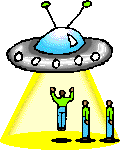
Astronomy Laboratory
Spring Semester - 2017
Labs begin Jan 23.
Teaching Assistants
Karen Perez, M 4:30-5:30
Astronomy Links 

